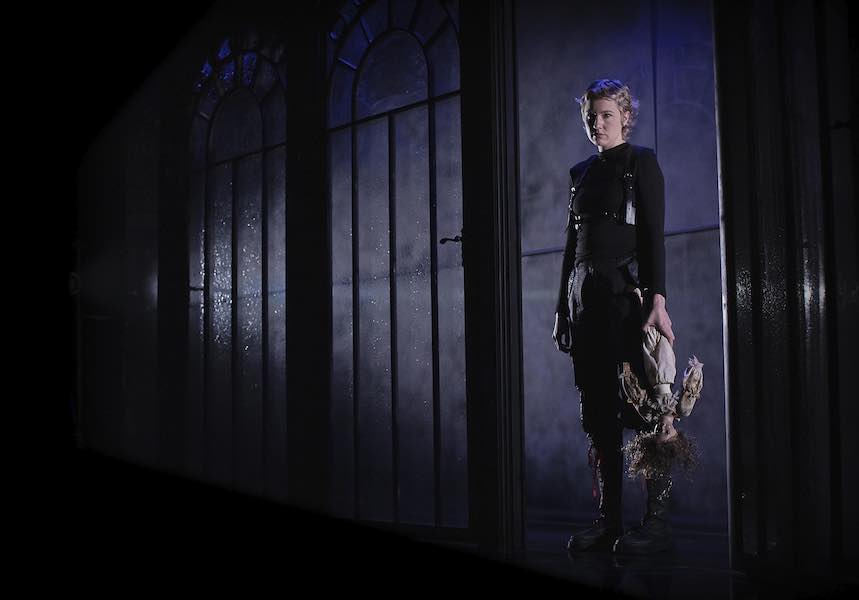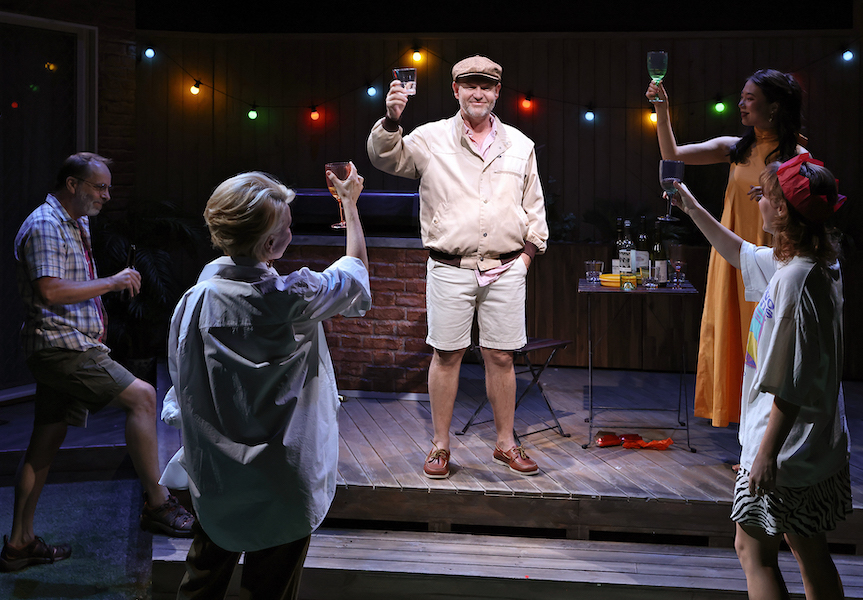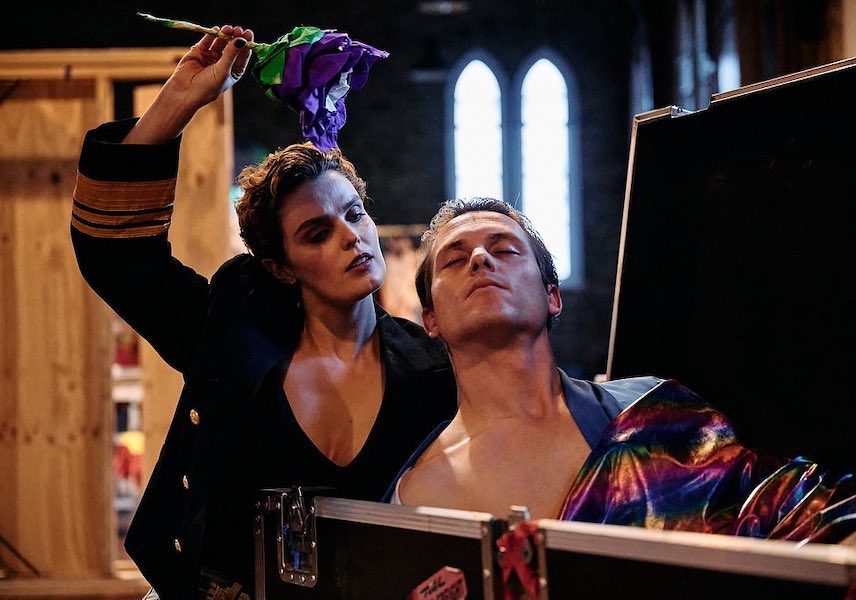
THEATRE: LOVE ME TENDER
Could you sacrifice your child in order to save your community? It’s a decision mired in moral marshiness and shadowed by uncomfortable truths. Taking as a starting point the Greek tragedy Iphigenia in Aulis, in which the King Agamemnon surrenders his daughter’s life in exchange for his troops’ honourable battle in Troy, Tom Holloway’s Love Me Tender explores modern-day notions of sacrifice and the father-daughter relationship. “What it looks at that is relevant today is the anxieties or fears of a father, [it] sets up a constant duality of a father’s love that can be misinterpreted … a father can become extremely overprotective, can feel helpless, can feel threatened by the daughter’s sexuality,” says the director, Matt Lutton. Set in a generic Australian backyard, the threat in question is bushfires – one that most families could identify with, especially following the horrors of Black Saturday in 2009. “We’ve all directly or remotely experienced fires, it’s in our consciousness as a force that is unstoppable, something that causes enormous devastation,” says Lutton. Writer Tom Holloway (Beyond the Neck, Don’t Say the Words) did not assign the dialogue parts to specific characters, and did not include stage directions, universalising the sentiments conveyed as well as increasing the director’s artistic license. “Tom creates a score, and the other artists are asked to interpret this score,” comments Lutton on the process. While in a way the daughter is the centre around which the five characters circle, she never appears onstage, and is only referred to as ‘her’. “There’s a sense of her … as a loved child and a sacrificial animal, and the contradiction bounces around.” The father’s love becomes so all-consuming, all his other relationships, even with the mother, are excluded. Just like fire, his love and protectiveness has the potential to destroy. “It starts with a level of optimism and a sense that there is potential for great love in this relationship … [but] the last section examines the need to sacrifice for a greater good, for a cleansing … It looks at the aftermath of sacrifice, it’s about the grieving process, how do you continually survive after sacrificing.” For King Agamemnon, that sacrifice was one that Iphigenia herself chose in the end. And whether centuries ago or today, the question can still be asked: what would you do?
Mar 18-Apr 11, Belvoir Theatre Upstairs, 25 Belvoir St, Surry Hills, $35-57, 9699 3444 or belvoir.com.au









